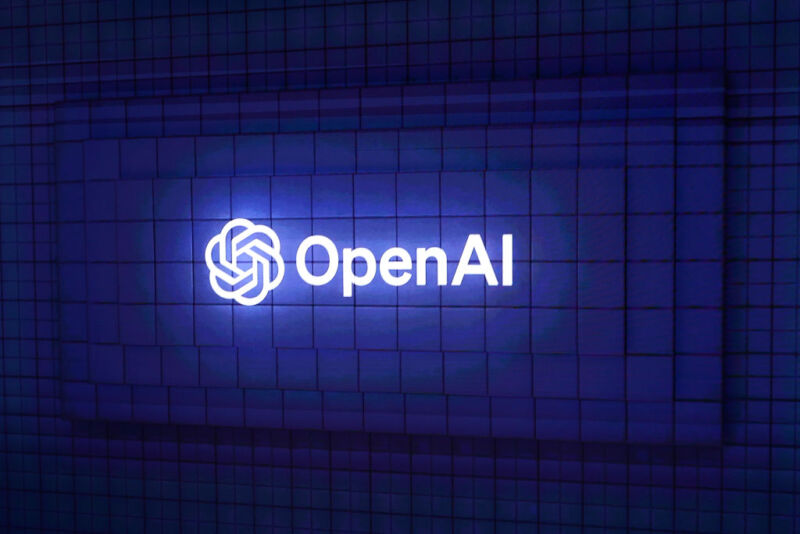[ad_1]

For the previous few months, Morten Blichfeldt Andersen has spent many hours scouring OpenAI’s GPT Retailer. Because it launched in January, the market for bespoke bots has stuffed up with a deep bench of helpful and typically quirky AI instruments. Cartoon turbines spin up New Yorker–type illustrations and vivid anime stills. Programming and writing assistants provide shortcuts for crafting code and prose. There’s additionally a colour evaluation bot, a spider identifier, and a relationship coach known as RizzGPT. But Blichfeldt Andersen is searching just for one very particular sort of bot: These constructed on his employer’s copyright-protected textbooks with out permission.
Blichfeldt Andersen is publishing director at Praxis, a Danish textbook purveyor. The corporate has been embracing AI and created its personal customized chatbots. However it’s at present engaged in a recreation of whack-a-mole within the GPT Retailer, and Blichfeldt Andersen is the person holding the mallet.
“I’ve been personally looking for infringements and reporting them,” Blichfeldt Andersen says. “They only hold arising.” He suspects the culprits are primarily younger folks importing materials from textbooks to create customized bots to share with classmates—and that he has uncovered solely a tiny fraction of the infringing bots within the GPT Retailer. “Tip of the iceberg,” Blichfeldt Andersen says.
It’s straightforward to seek out bots within the GPT Retailer whose descriptions counsel they may be tapping copyrighted content material not directly, as Techcrunch famous in a latest article claiming OpenAI’s retailer was overrun with “spam.” Utilizing copyrighted materials with out permission is permissible in some contexts however in others rightsholders can take authorized motion. WIRED discovered a GPT known as Westeros Author that claims to “write like George R.R. Martin,” the creator of Sport of Thrones. One other, Voice of Atwood, claims to mimic the author Margaret Atwood. One more, Write Like Stephen, is meant to emulate Stephen King.
When WIRED tried to trick the King bot into revealing the “system immediate” that tunes its responses, the output prompt it had entry to King’s memoir On Writing. Write Like Stephen was capable of reproduce passages from the ebook verbatim on demand, even noting which web page the fabric got here from. (WIRED couldn’t make contact with the bot’s developer, as a result of it didn’t present an e-mail handle, cellphone quantity, or exterior social profile.)
OpenAI spokesperson Kayla Wooden says it responds to takedown requests towards GPTs made with copyrighted content material however declined to reply WIRED’s questions on how often it fulfills such requests. She additionally says the corporate proactively seems for drawback GPTs. “We use a mixture of automated methods, human evaluation, and consumer stories to seek out and assess GPTs that probably violate our insurance policies, together with using content material from third events with out mandatory permission,” Wooden says.
New disputes
The GPT retailer’s copyright drawback might add to OpenAI’s current authorized complications. The corporate is dealing with a variety of high-profile lawsuits alleging copyright infringement, together with one introduced by The New York Instances and a number of other introduced by totally different teams of fiction and nonfiction authors, together with large names like George R.R. Martin.
Chatbots supplied in OpenAI’s GPT Retailer are based mostly on the identical expertise as its personal ChatGPT however are created by exterior builders for particular features. To tailor their bot, a developer can add further data that it may well faucet to enhance the information baked into OpenAI’s expertise. The method of consulting this extra data to answer an individual’s queries is known as retrieval-augmented technology, or RAG. Blichfeldt Andersen is satisfied that the RAG information behind the bots within the GPT Retailer are a hotbed of copyrighted supplies uploaded with out permission.
[ad_2]


